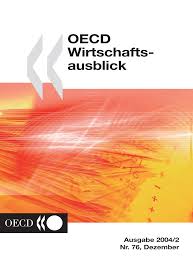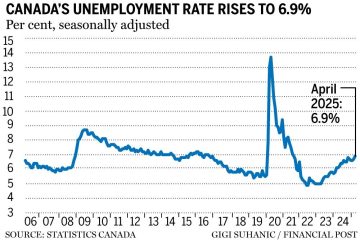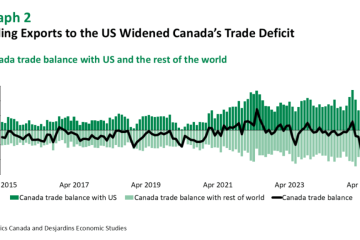Understanding the OECD: Its Role and Importance in Today’s World

Introduction
The Organisation for Economic Co-operation and Development (OECD) plays a pivotal role in shaping economic policies and fostering international collaboration. Established in 1961, the OECD comprises 38 member countries, primarily from Europe and North America, and aims to promote policies that improve the economic and social well-being of people worldwide. In today’s rapidly changing global landscape, the OECD’s insights are increasingly relevant as nations navigate post-pandemic recovery, trade tensions, and climate change.
Current Initiatives and Reports
Recently, the OECD released its Economic Outlook for 2023, forecasting that many countries, especially in Europe and North America, could expect slower growth in the coming year due to inflationary pressures and geopolitical uncertainties. This report highlights the challenges of rising energy prices and supply chain disruptions, both exacerbated by the ongoing conflict between Russia and Ukraine. Additionally, the OECD emphasizes the need for strengthened cooperation among nations to build resilient economies that can withstand future shocks.
Another significant area of focus is the OECD’s commitment to promoting inclusive growth. In recent months, the organization has launched initiatives aimed at addressing income inequality and enhancing social policies. These efforts include recommendations for better tax systems and public spending strategies that support marginalized groups, reflecting a growing global concern for equitable economic recovery.
Impact on Global Policies
The OECD serves as a platform for member countries to collaborate on best practices in various sectors, including education, health, and the environment. The organization’s research and policy recommendations significantly influence global standards and frameworks, particularly in trade and investment. For example, the OECD’s guidelines on corporate responsibility and environmental sustainability have become benchmarks for companies operating in multiple jurisdictions.
Conclusion
As the world faces unprecedented challenges, the OECD’s role becomes increasingly crucial in guiding economic policies and international cooperation. Its analytical capacity, combined with a platform for dialogue and negotiation, enables member states to learn from each other’s experiences and devise collective solutions. Looking ahead, the OECD’s emphasis on sustainable growth and inclusive policies will be essential for building a resilient global economy that benefits all. Readers should stay informed about the OECD’s ongoing initiatives, as these will likely impact economic trends and policies applicable in their respective nations.









